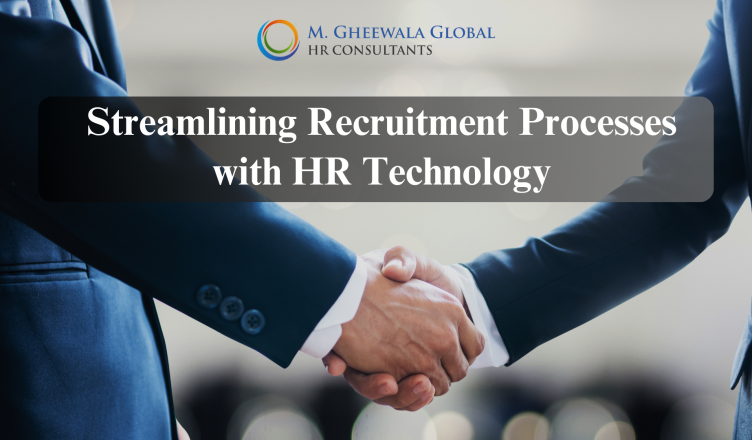In today’s fast-paced business environment, efficient recruitment processes are crucial for attracting top talent. HR technology has revolutionized the way organizations recruit, hire, and onboard employees. By leveraging the power of HR technology, companies can streamline their recruitment processes, reduce time-to-hire, and improve the overall candidate experience.
Understanding the Benefits of HR Technology
HR technology offers a wide range of benefits for organisations, including:
Increased Efficiency: Automation of tasks such as screening resumes, scheduling interviews, and sending offer letters can significantly reduce manual effort and save time.
Improved Candidate Experience: A streamlined and efficient recruitment process can enhance the candidate experience, leading to a positive brand image and attracting top talent.
Data-Driven Decision Making: HR technology provides valuable insights into recruitment metrics, such as time-to-hire, cost per hire, and source of hire, enabling data-driven decision making.
Enhanced Collaboration: HR technology facilitates collaboration between HR teams, hiring managers, and candidates, improving communication and coordination.
Key HR Technologies to Streamline Recruitment
Applicant Tracking Systems (ATS):
Centralized database for managing job applications, resumes, and candidate information.
Automated screening and filtering of resumes based on predefined criteria.
Efficient scheduling of interviews and tracking candidate progress.Integration with other HR systems, such as HRIS and CRM.
Recruitment Marketing Tools:
Create and distribute engaging job postings on various channels, including social media and job boards.
Build and manage a strong employer brand through content marketing and social media campaigns.
Track the effectiveness of recruitment marketing efforts and measure key metrics.
Video Interviewing Platforms.
Conduct remote interviews efficiently and cost-effectively.
Screen candidates based on recorded video interviews.
Reduce time-to-hire by eliminating the need for in-person interviews in early stages.
Pre-employment Assessment Tools:
Assess candidates’ skills, abilities, and cultural fit through online assessments.
Identify top talent early in the recruitment process.
Reduce bias in the hiring process.
Onboarding Software:
Streamline the onboarding process and improve the new hire experience.
Automate tasks such as paperwork, background checks, and IT provisioning.
Provide a centralised platform for new hires to access information and complete necessary training.
Best Practices for Implementing HR Technology
Identify Your Needs: Assess your organisation’s specific recruitment challenges and identify the HR technology solutions that can address them.
Choose the Right Technology: Select HR technology that is user-friendly, scalable, and integrates seamlessly with your existing systems.
Data Security and Privacy: Prioritise data security and privacy by implementing robust security measures to protect sensitive candidate information.
Train Your Team: Provide adequate training to HR staff and hiring managers on how to use the HR technology effectively.
Continuously Evaluate and Improve: Monitor the performance of your HR technology and make necessary adjustments to optimise its impact.
By leveraging HR technology, organisations can streamline their recruitment processes, improve efficiency, and enhance the candidate experience. By understanding the benefits of HR technology, selecting the right tools, and implementing best practices, companies can attract top talent and build a strong workforce.

